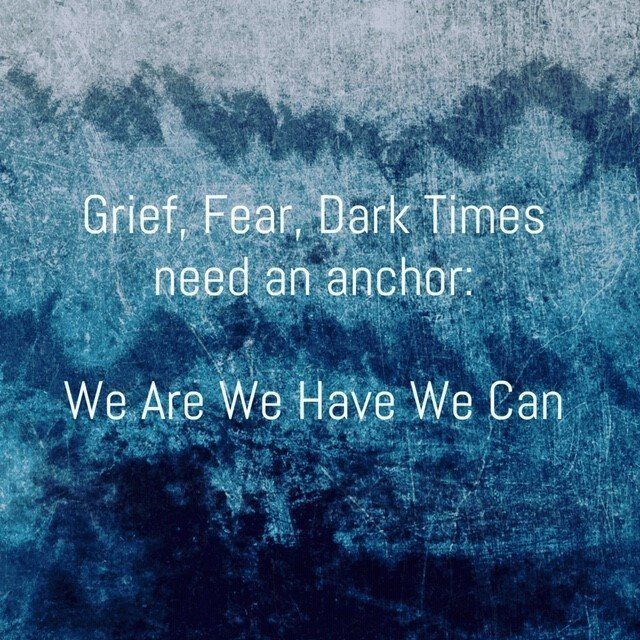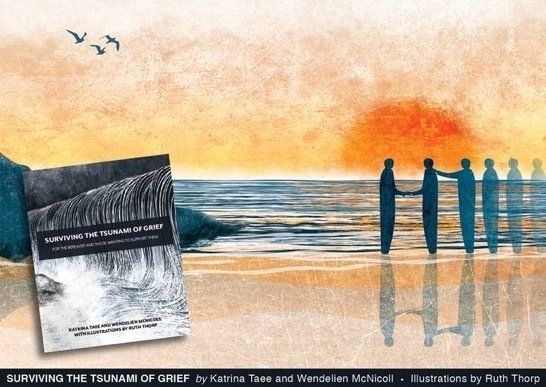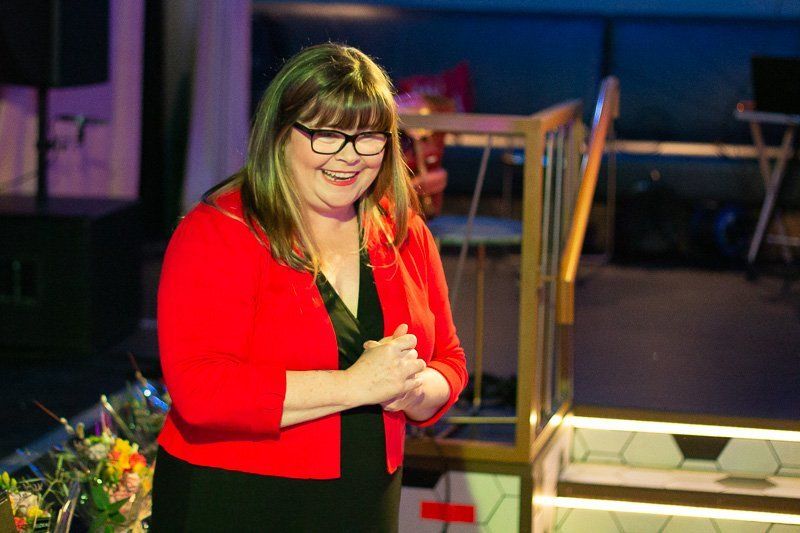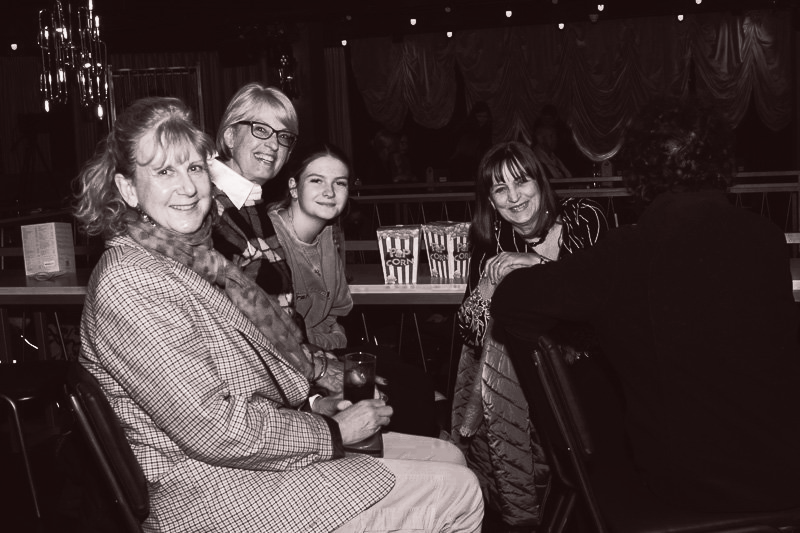SURVIVING THE TSUNAMI OF GRIEF
By Katrina Taee and Wendelien McNicoll
Blog Post
ANCHORING YOUR ANXIETY DURING THE CORONAVIRUS PANDEMIC
Wendelien McNicoll • April 11, 2020
We know this is a very worrying time for many of you, at the moment. This blog was written to offer some suggestions to help you manage any anxiety you may have.

How are you supposed to react when you are trying to cope with a life limiting-illness, or a family member’s life-limiting illness, and at the same time cope with the open-ended, worldwide Corona virus just outside your front door? Living with this amount of uncertainty could cause anyone anxiety.
When we experience a time of collective crisis, we tend to have the mentality of being ‘in it together’. This helps to create a bond, so that we don’t feel so alone. In my experience, when the unexpected happens, small kindnesses and a willingness to offer to help often appear unexpectedly too.
But what do we do when, despite this support, we can’t get to sleep, or we wake up at 5am in a panic? Anxiety needs an anchor.
How anxiety can affect your body
When you understand what is happening to your body, it can help you to feel calmer. Here are some helpful facts.
Feelings of anxiety often escalate quickly because anxiety involves adrenaline . This could lead to a panic attack. Within two to three minutes of a stressful event or thought, your body floods with adrenaline and it can take around ten to twenty minutes for the effects to wear off .
People express anxiety in different ways, but physical symptoms of a panic attack can include these:
- your heart feels like it is racing
- your blood flow is redirected to the muscles causing a surge in energy
- you feel like you cannot breathe deeply enough and your breaths are shallow
- you feel faint or light-headed
- you might sweat and feel very hot or very cold
- your senses feel like they’re on high alert
- you have a decreased ability to feel pain
- you might feel jittery, nervous or nauseous
- your legs may feel shaky.
There's more about the physical symptoms as well as help to be found on the NHS and No Panic
websites.
Awareness is key. Your body does not know the difference between things you imagine and things you actually experience, but the brain remembers the call to action whether it is imaginary or real.
So when your brain is reminded of a previous episode, it reacts by sending signals to be ready for action, adrenaline floods your body again, and the cycle repeats itself
How having an anchor can help with the anxiety
Adrenaline allows us to instantly fight off a threat or flee from a threat. But when that threat is not seen or as yet unknown, or made worse by fear, we need to do a fact check about that threat. We need an anchor. We need a plan. We need a mantra.
You might be thinking – why shouldn’t I feel worried, anxious, tearful, frightened? Why shouldn’t I grieve for what is about to be lost?
You’re right – it is normal to worry and to experience overwhelming fear and grief in the face of 'un-sayable' words which threaten our feelings of safety: “how am I going to survive this”; “my loved one is dying”; “how am I going to cope”; “I can’t do this”; “I don’t feel safe”.
But these feelings can be so much more bearable if we are able to share them, speak them out loud to someone and especially if we do not hold them in. When we learn to recognise these feelings we can also say out loud: “stop, this feeling will pass.”
I am, I have, I can
If you’re feeling anxious, try to think about the cause of the anxiety. Then, use the following sequence to think of a sentence about that anxiety. Repeat the ‘I am, I have, I can’ mantra aloud:
“I am aware of what is happening, I have had this before, and I can change the outcome”.
“I am feeling worried that I won’t cope, but I have coped before, and I can cope again”.
“I am sad, I have given myself permission to be sad, and I can cry”.
“I am dying, I have my family, and I can trust them to support me through this”.
Making a plan
Another way to anchor ourselves is to make a plan, however small.
That plan could simply be to get up, move around a little and make a cup of coffee, because just by using movement, we can regulate our emotion . When you move around you help yourself 'unfreeze' present anxiety.
Add to that the delicious smell, the warmth of the mug in your hand and you have changed your attention to being emotionally in the moment and being anchored: I am anxious, I have my body to help me move and I can now enjoy my coffee.
Illustration by Ruth Thorp / www.ruththorpstudio.co.uk
SURVIVING THE TSUNAMI OF GRIEF
Written By Katrina Taee and Wendelien McNicoll
Illustrated By Ruth Thorp
Where to Purchase
Sitemap
Contact Us
©
Katrina Taee & Wendelien McNicoll. All Rights Reserved


